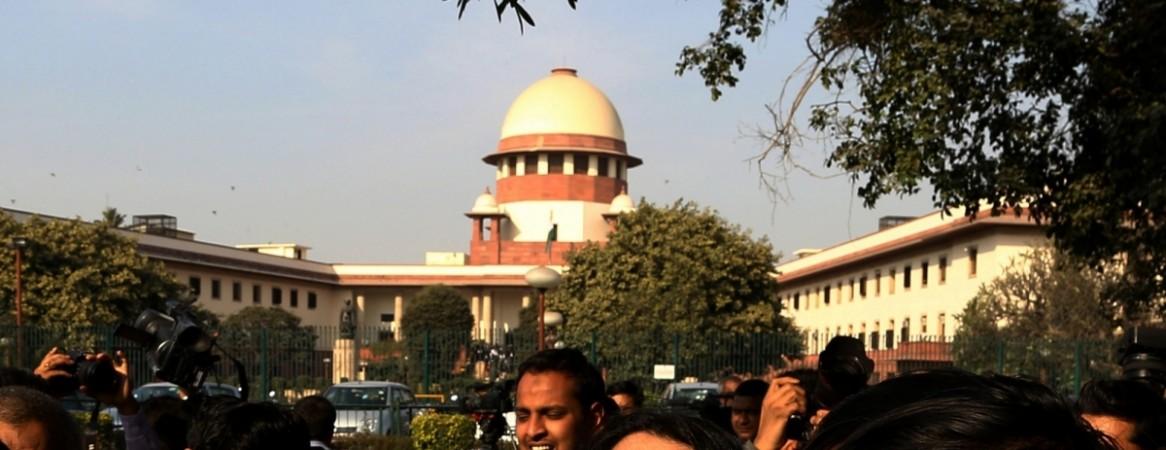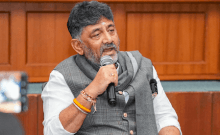
The Supreme Court on Thursday asked the Central government whether the backwardness of Scheduled Castes and Scheduled Tribes would continue forever.
The argument of the five-judge led by CJI Dipak Misra came after a panel of senior lawyers -- additional solicitor general Tushar Mehta, Nidhesh Gupta, Dinesh Dwivedi, Indira Jaising, Rupinder S Suri, A Mariarputham and Sanjay Hegde -- questioned the legality of Nagraj Judgement in 2006. They argued that the issue must now be heard by a larger seven-judge bench.
The Nagraj verdict had upheld the validity of Article 16 (4A) and allowed the states to make the reservation in promotion but also put three safeguards to ensure its abuse.
The three clauses which Supreme Court stated that it must collect quantifiable data to determine backwardness of the employee to determine the adequacy of SC/ST representation in jobs and keep the overall efficiency in administration in mind while granting reservation in promotion.
"Entry-level reservation in employment on the basis of backwardness is no problem. But what is worrying us is the accelerated promotion to all SC/ST employees without looking into their status of employment. Suppose a person by virtue of reservation gets into IAS and becomes secretary through reservation in promotion. Can a very senior bureaucrat's grandson and great-grandson be treated as backward for promotion in employment, and that too in perpetuity?" The supreme court bench argued.
Former Law Minister Shanti Bhushan, who was appearing for the General candidates in employment who are opposing quota in promotion, said that it is alright if the government advertises for the direct requirement through an examination and provide the reservation for the backward community. "But if promotions to top bureaucratic posts are to be given through reservation, it will spell disaster for the country."
The issue of the reservation has been highly politicised in India. Over the years, the country has witnessed polarising viewpoints on this sensitive issue.













